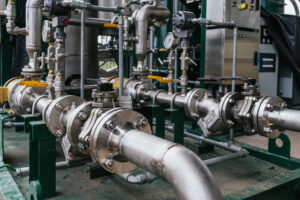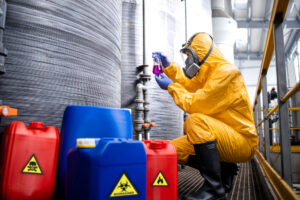Refinery is…
The first thing that is associated when hearing the word refinery is an oil refinery. Petroleum refining consists of removing undesirable hydrocarbon substances, also separating them into their fractions, and thus eliminating the elements that can affect downstream processes and the consumers of their final products. The refinement of this substance envisions various treatments to convert crude oil into different products that can be more easily marketed, such as fuels and oils.
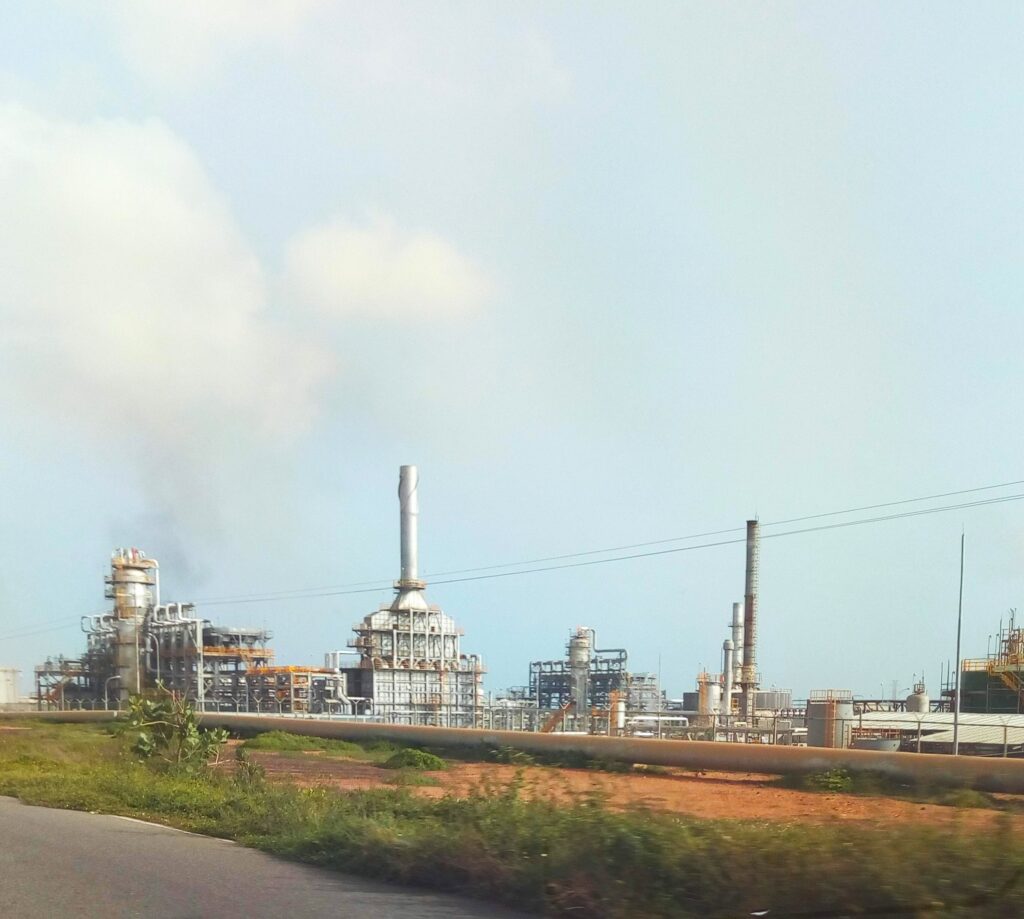
Largest oil companies in the world.
For 2015, among the most important private oil companies are: Shell (Netherlands and United Kingdom), ExxonMobil (USA), Total S.A. (France), Ente Nazionale Idrocarburi (Italy), BP (United Kingdom).
As state-owned companies are: YPF (Argentina), Petrobras (Brazil), ENAP (Chile), PetroChina (China), Ecopetrol (Colombia), NIOC (Iran), Petronas (Malaysia), Petróleos mexicanos (Mexico), Gazprom (Rusia), Saudí Aramco (Arabia Saudita), PDVSA (Venezuela), etc..
Processes that occur in refineries:
The crude derivatives that are most frequently produced in a refinery are the following: diesel, gasoline, lubricants, liquefied gases, fuel oils or kerosene. Many processes can be found in refineries, but in general the following can be achieved:
Conversion:
It consists of transforming intermediate products into higher quality products, that is, those with more favorable characteristics. These processes can be of various kinds: cracking, alkylation, coking…
Distillation:
It consists of separating the different substances that make up the hydrocarbon with the use of thermal energy, taking advantage of the different boiling points that each derivative has.
Blending:
Also known as mixing, this process consists of mixing certain derivatives or products obtained to obtain another with specific characteristics.
Purification:
It consists of eliminating certain unwanted substances and impurities in the crude, which can affect its quality or damage the equipment during the processes. It can also be applied to improve the quality of certain derivatives.
Characteristics of a Refinery
Refineries have different characteristics depending on the processes they carry out and the products obtained. To give an example, crude oil may have sulfur compounds present, something that requires various types of treatments according to their concentration.
In a refinery, atmospheric distillation, catalytic reforming, hydrodesulfurization and catalytic cracking of oil can be carried out, among many other processes, for this reason, many refineries vary from one another.
Refineries are always questioned by environmental groups. To a large extent, this type of industry generates polluting air emissions, produces a lot of noise, emits unpleasant odors, and discharges effluents into bodies of water.
Bearing all this in mind, refineries must always be carefully controlled by government entities to minimize the irreparable damage to the planet that they can generate during their activity and, consequently, affect the lives of millions of people. It is estimated that there are more than six hundred oil refineries on the planet.
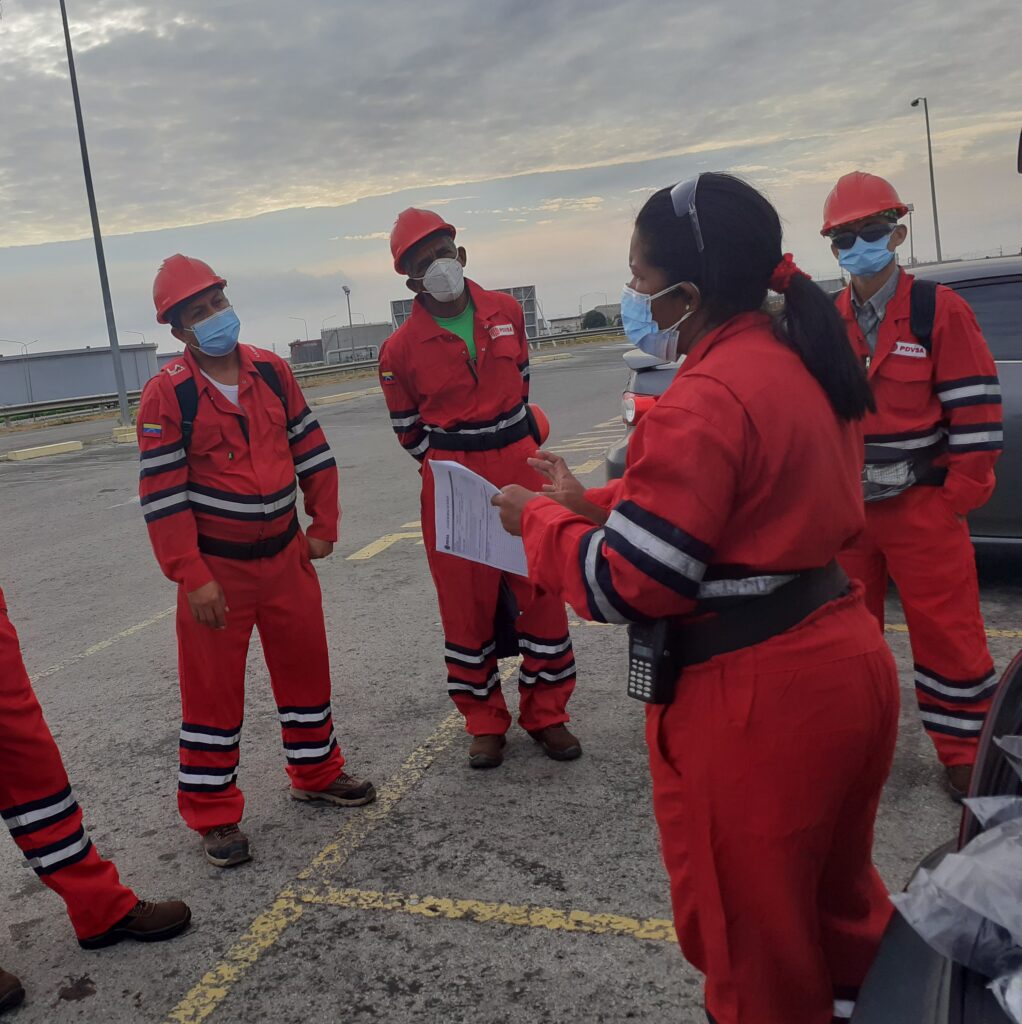
The fact cannot be overlooked that, in this type of refineries due to the high danger of oil due to its energy potential and toxic substances that compose it, their facilities must have high safety standards during their operations to avoid accidents.
Each person who lives in these refineries must use personal protective equipment at all times, they must have constant training in safety issues related to the handling of these substances, the equipment involved and in case of contingencies what must be done; there must also be and constantly calibrate wireless movement sensors, personnel tracking systems, temperature meters, air pressure, gas detectors, among many others.
Conclusion
The oil industry is one of the most important in the world, producing raw materials and final products that are very important in the daily use of any human being: lubricating oils, fuels, plastics, among many others, which allow the daily life of any easier human being
All these products are important, however, to obtain them a price must be paid, and we are not talking about monetary, but rather an ecological price, which is paid at the time of gas emissions into the atmosphere, soil contamination, and bodies of water which affect, the interesting thing is that these emissions can be controlled, mitigated, even recycled to optimize the use of resources, minimizing the environmental impacts that they can produce.
Bifurca C.A. Being a comprehensive company, it can support maintenance areas for equipment, machinery, meters, and detectors at the plant so that they work optimally and minimize waste emissions, and can also support the collection and treatment of industrial effluents. always providing friendly solutions with the environment.

